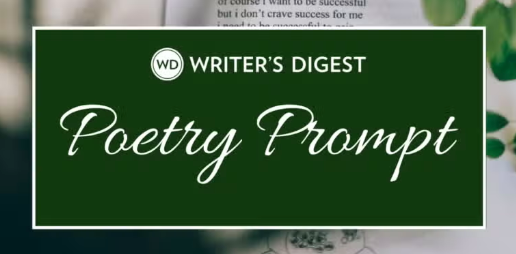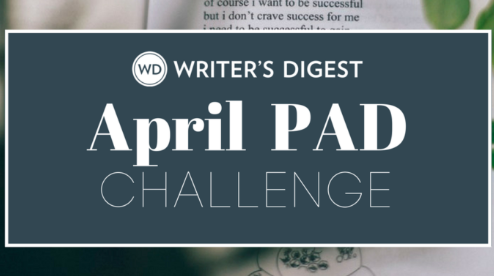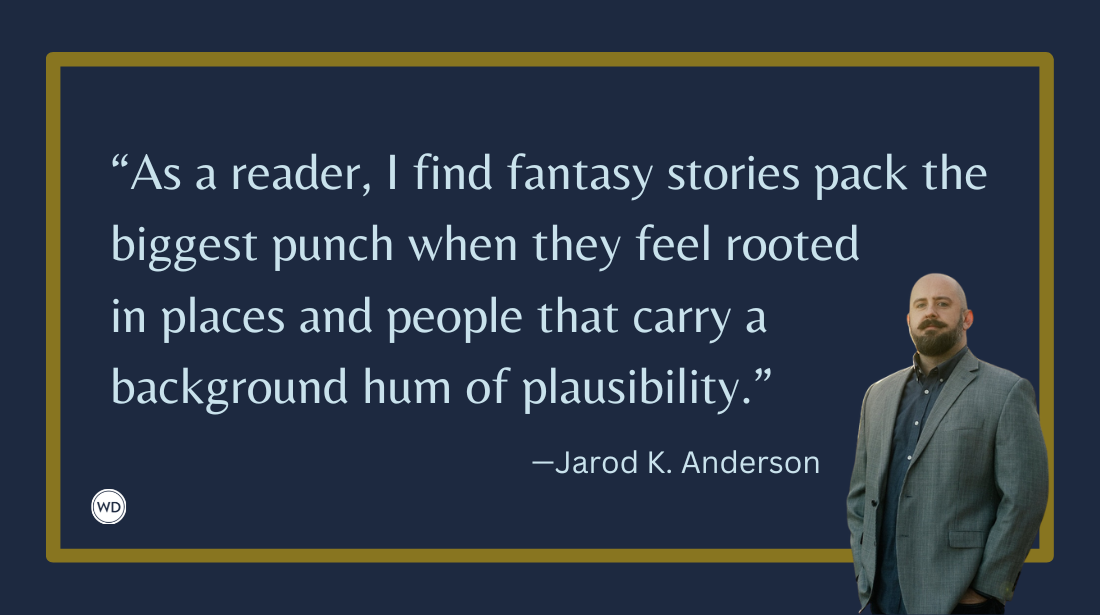Rhupunt: Poetic Forms
Learn how to write the rhupunt, a Welsh poetic form, with guidelines for writing the form and a couple example poems.
I'll tell you what: These Welsh poetic forms are starting to grow on me. This time around, let's look at the rhupunt!
Rhupunt Poems
The rhupunt has some variability to it, but also some rigid rules as well. I've had fun tinkering around with this Welsh form, and I hope you do too.
Here are the guidelines for the rhupunt:
- The form can be broken down into lines or stanzas
- Each line or stanza contains 3 to 5 sections
- Each section has 4 syllables
- All but the final section rhyme with each other
- The final section of each line or stanza rhymes with the final section of the other lines or stanzas
*****
Play with poetic forms!
Poetic forms are fun poetic games, and this digital guide collects more than 100 poetic forms, including more established poetic forms (like sestinas and sonnets) and newer invented forms (like golden shovels and fibs).
*****
Here’s my attempt at a Rhupunt Poem:
I'm going to share the same rhupunt in both ways: The first broken up by stanzas; the second by lines.
She Said Hello, by Robert Lee Brewer
she said hello
in falling snow
outside the show
in december
& then she smiled
& drove me wild
& so beguiled
i remember
like she was sent
for that moment
to leave me spent
like an ember
that slowly died
as she good-byed
because my pride
would not answer
She Said Hello, by Robert Lee Brewer
She said, "Hello," in falling snow outside the show in December,
and then, she smiled and drove me wild and so beguiled, I remember,
like she was sent for that moment to leave me spent like an ember
that slowly died as she good-byed, because my pride would not answer.






